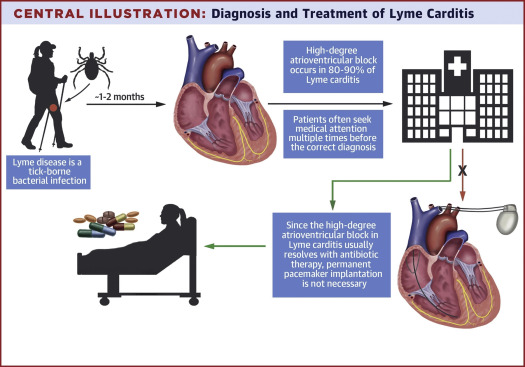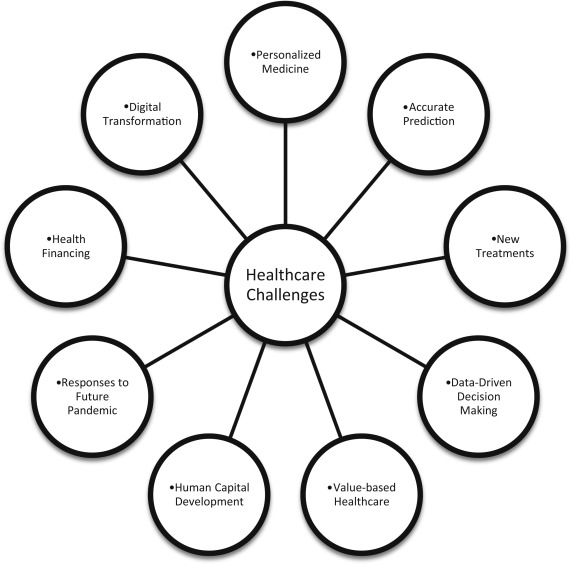Future Directions in Digital Information Predictions, Practice, Participation Chandos Digital Information Review 2021, Pages 71-92
The Inequality of COVID-19, Immediate Health Communication, Governance and Response in Four Indigenous Regions, 2022, Pages 1-29
Prenatal Genetic Counseling, Practical support for prenatal diagnostics, decision-making, and dealing with uncertainty, 2022, Pages 83-103
The Inequality of COVID-19, Immediate Health Communication, Governance and Response in Four Indigenous Regions, 2022, Pages 177-198
Martin Siegert, Fabio Florindo, Laura De Santis, Tim R. Naish, Chapter 13 - The future evolution of Antarctic climate: conclusions and upcoming programmes, Editor(s): Fabio Florindo, Martin Siegert, Laura De Santis, Tim Naish, Antarctic Climate Evolution (Second Edition), Elsevier, 2022, Pages 769-775, ISBN 9780128191095, https://doi.org/10.1016/B978-0-12-819109-5.00005-0.
Advances in Thermal Energy Storage Systems, Second Edition, Methods and Applications, Woodhead Publishing Series in Energy, 2021, Pages 673-697
Neglected Tropical Diseases and Other Infectious Diseases Affecting the Heart, 2022, Pages 61-71
Artificial Intelligence and Big Data Analytics for Smart Healthcare, Next Gen Tech Driven Personalized Med&Smart Healthcare, 2021, Pages 1-9


